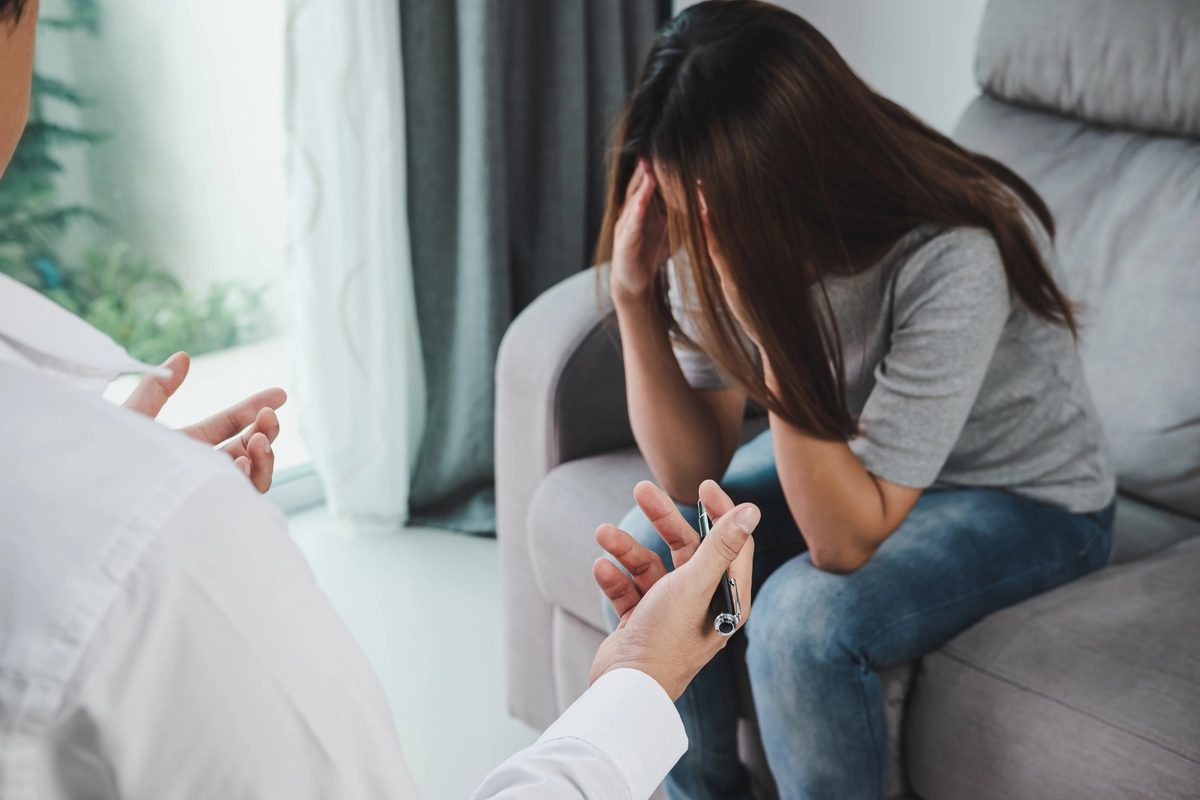24/7 Helpline:
(866) 899-221924/7 Helpline:
(866) 899-2219
Learn more about PTSD Treatment centers in Union County

Other Insurance Options

AllWell

WellPoint

MHNNet Behavioral Health

Anthem

Access to Recovery (ATR) Voucher

BlueCross

EmblemHealth

Holman Group

Ceridian

BlueShield

GEHA

United Health Care

Medical Mutual of Ohio

Absolute Total Care

MVP Healthcare

UMR

Regence

Evernorth

Highmark

Providence

Northern Hills Alcohol and Drug Treatment
Compass Point is a non-profit rehab located in Sturgis, SD. Compass Point specializes in the treatme...

Compass Point
Compass Point provides prevention, intervention, and treatment services in the Northern Black Hills....

River Valley Behavioral Health
River Valley Behavioral Health is an outpatient clinic that provides behavioral health services, sub...

Counseling Center
Counseling Center is a private rehab located in Morganfield, Kentucky. Counseling Center specializes...

Michiana Addictions Prevention
Michiana Addictions Prevention is a private rehab located in Sturgis, Michigan. Michiana Addictions ...













































































